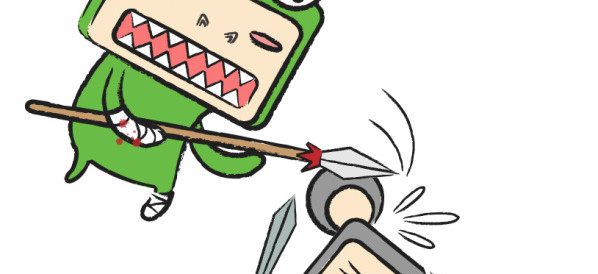 12 Terms
12 TermsHome > Terms > 알바니아어(SQ) > ironi
ironi
A literary device that uses contradictory statements or situations to reveal a reality different from what appears to be true. It is ironic for a firehouse to burn down, or for a police station to be burglarized. Verbal irony is a figure of speech that occurs when a person says one thing but means the opposite. Sarcasm is a strong form of verbal irony that is calculated to hurt someone through, for example, false praise. Dramatic irony creates a discrepancy between what a character believes or says and what the reader or audience member knows to be true. Tragic irony is a form of dramatic irony found in tragedies such as Oedipus the King, in which Oedipus searches for the person responsible for the plague that ravishes his city and ironically ends up hunting himself. Situational irony exists when there is an incongruity between what is expected to happen and what actually happens due to forces beyond human comprehension or control. The suicide of the seemingly successful main character in Edwin Arlington Robinson’s poem "Richard Cory" is an example of situational irony. Cosmic irony occurs when a writer uses God, destiny, or fate to dash the hopes and expectations of a character or of humankind in general. In cosmic irony, a discrepancy exists between what a character aspires to and what universal forces provide. Stephen Crane’s poem "A Man Said to the Universe" is a good example of cosmic irony, because the universe acknowledges no obligation to the man’s assertion of his own existence.
하고 싶은 말
뉴스 속의 용어
추천 용어
lufte e kote
Taken from a mock-epic poem of anonymous authorship, batrachomyomachy literally means "a battle between frogs and mice." In a figurative ...
기여자
주요 용어사전
Browers Terms By Category
- 쌀 과학(2869)
- Genetic engineering(2618)
- 일반 농업(2596)
- 농업 프로그램 & 법(1482)
- 동물 사료(538)
- 낙농학(179)
농업(10727) Terms
- 세계사(1480)
- Israeli history(1427)
- 미국 역사(1149)
- 중세(467)
- Nazi Germany(442)
- 이집트 역사(242)




